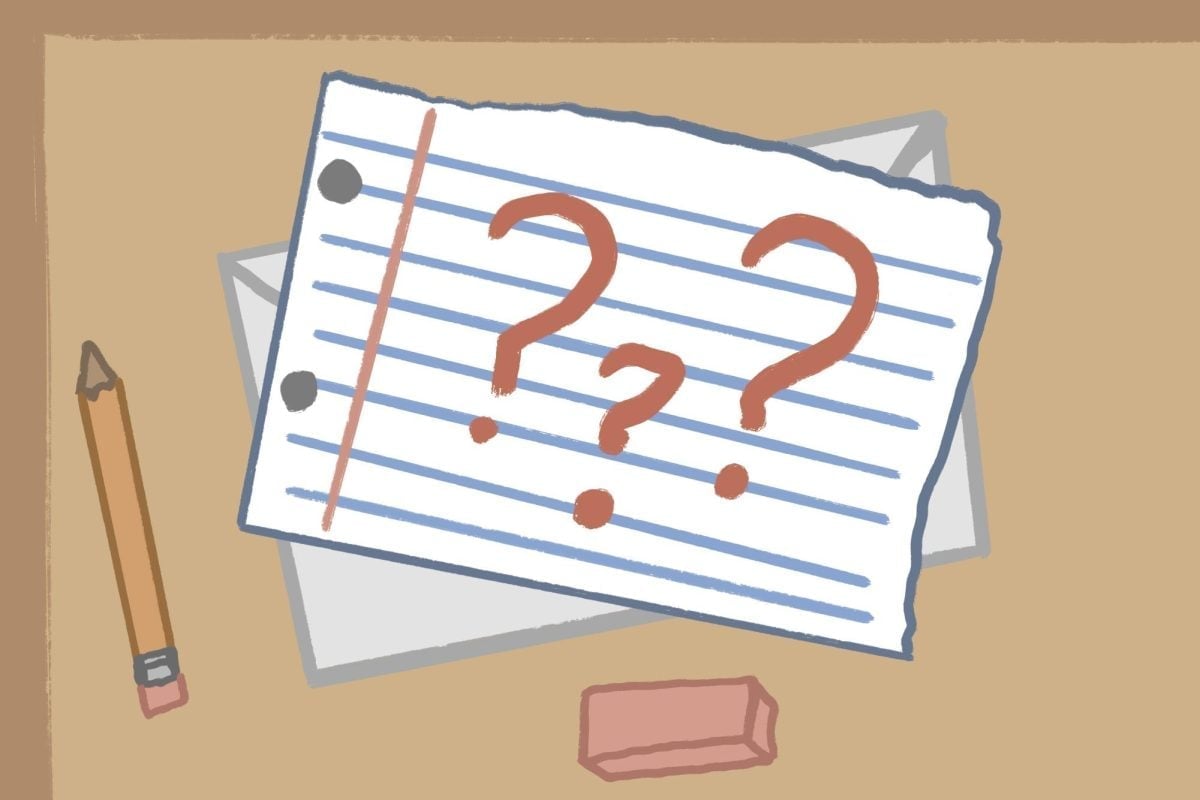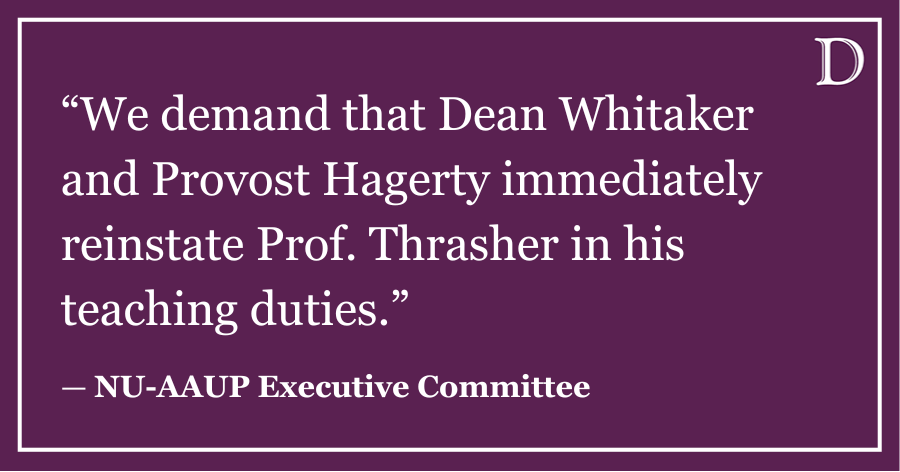You can measure the academic output at a library anytime by stopping and listening. Bright, excited chatter means absolutely no work is getting done. If it’s dead silent, people are actually studying. This is because learning doesn’t make sound.
In Seeley G. Mudd Library, you expect and even come to enjoy the occasional booming clang of a Hydro Flask falling or the yelp from someone tripping on the unusually uneven carpet. But the clamor of Mudd Library is much more consistent and intentional. The noise itself does bother me, but only somewhat: it’s the cause of all this ruckus that has me thinking. So, you might ask, why is it so loud? The attempt of productive collaboration.
Today’s academic environment places a huge — and often forced — emphasis on collaboration. Group exams, lab partners and your study group leader telling you to “Work with the person next to you on this one!” are all examples.
While the idea of “collaboration” sounds all sparkly and good, in practice it often translates to very little work getting done. This is especially true in unsupervised out-of-classroom settings like libraries. It is here that people treat study groups more like social outings. Students socialize with one another while their lecture slides or homework sit in their peripheral vision, untouched.
Collaboration can be extremely fruitful, but only when it’s performed adaptively: working together by sharing big ideas when needed and working semi-independently otherwise. This type of collaboration allows people to nudge each other in the right direction while still encouraging individual efforts.
At Northwestern University, we’re not taught how to collaborate effectively; we’re only told that we should do it. Naturally, the library is where this attempt at collaboration takes place, and ultimately it turns into a friendly get-together.
This has become so commonplace, I would argue, that students come to the library with the specific intention not to work. See, when you’re in a library, your conscience gives itself the credit that it’s working, whether or not you’re actually doing anything.
When you walk out of the library two hours later having solved half an integral and written two sentences of an essay, you feel accomplished simply because of the time you spent in the library. The feeling of achievement is not from actual learning but from merely spending time in a location associated with learning.
This phenomenon extends beyond the library too. The guy who sits next to me in chemistry plays Genshin Impact on his phone — the entire class, every day of the week. Why even come to class?
I liken a library to a church. You don’t go into a church and immediately disrespect your chosen deity by playing games on your phone. In the same way, you shouldn’t go to class or the library simply to disrespect your academics. Churches and libraries are both supposed to be places resistant to distraction.
I don’t think our sinful academic behavior is entirely our fault. Personally — though this theory is entirely unsubstantiated — I think the severe lack of books in libraries like Mudd is what makes people rowdy. It doesn’t feel like a library anymore without rows of shelves and the paper smell. Without it, it’s just any old building, and it’s harder to focus.
I’d also argue this behavior might just be part of college culture. College students like to mess around. And with the continuous flood of exams and essays, taking a moment to have fun is also a productive use of time. So I really don’t know how to feel about it all. Maybe we should add a waterslide to the top floor of Mudd Library.
Nick Bucciarelli is a Weinberg junior. He can be contacted at nickbucciarelli2026@u.northwestern.edu. If you would like to respond publicly to this op-ed, send a Letter to the Editor to opinion@dailynorthwestern.com. The views expressed in this piece do not necessarily reflect the views of all staff members of The Daily Northwestern.

















